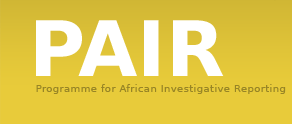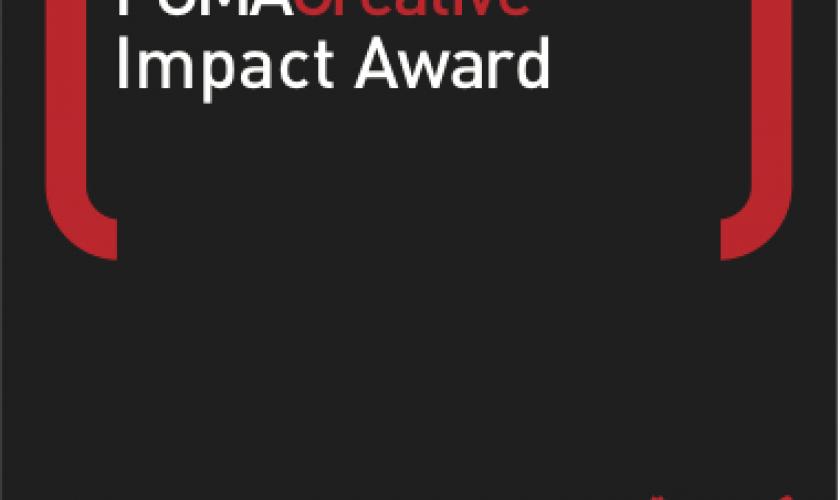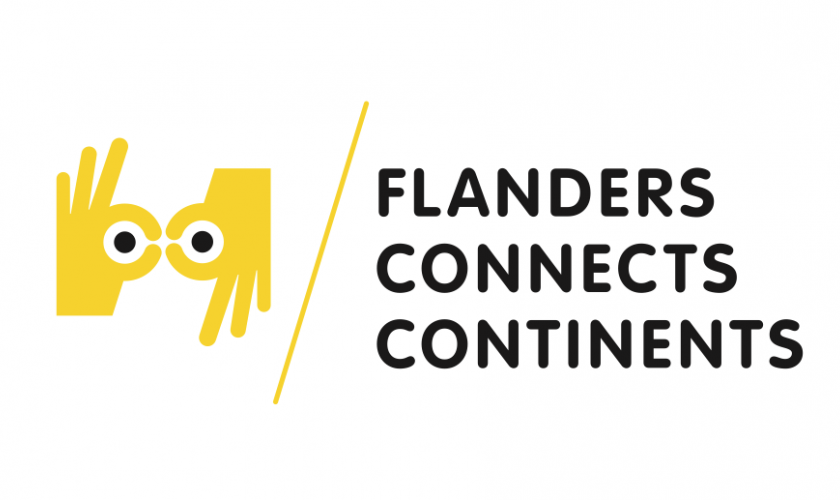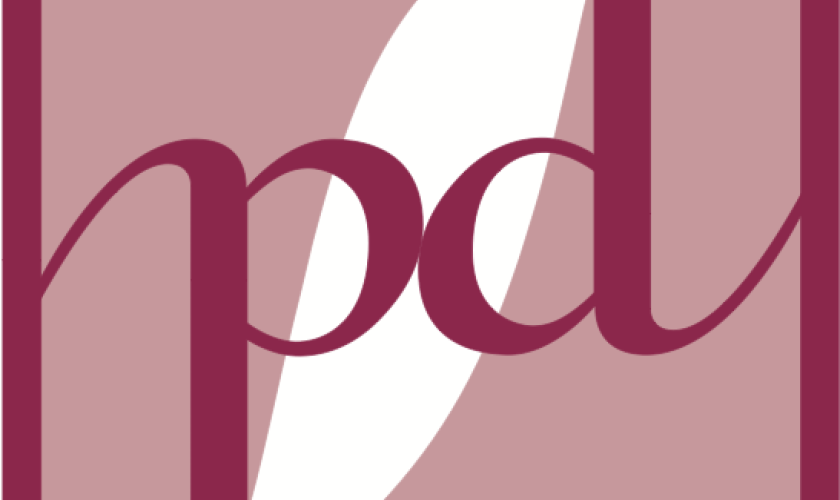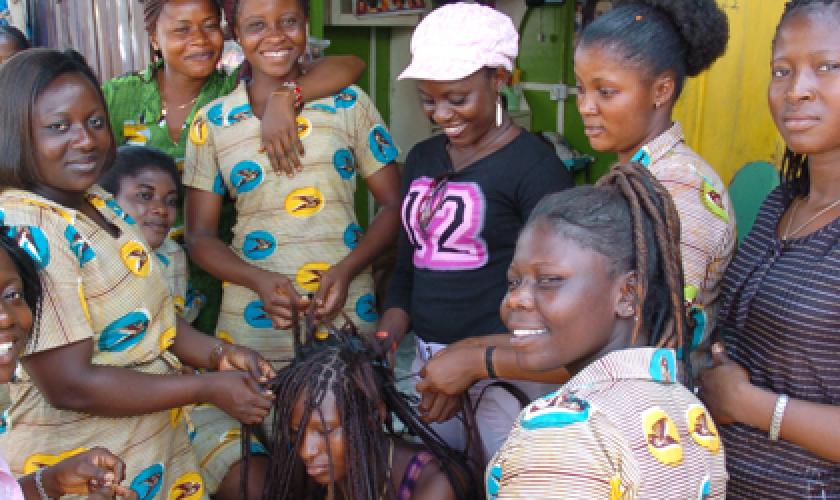Ghanaian journalists have been urged to take advantage of the Programme for African Investigative Reporting (PAIR), to access funds to undertake investigative journalism in diverse areas for the benefit of society.
ACCRA - Ghanaian journalists have been urged to take advantage of the Programme for African Investigative Reporting (PAIR), to access funds to undertake investigative journalism in diverse areas for the benefit of society.
The programme, which is a model of financial assistance, supports investigative journalism in Benin, Togo, Ghana, Cote d'Ivoire and Burkina Faso, and allows for the exchange of experience and contacts among local and international professional journalists.
Speaking at a seminar for journalists on the PAIR project in Accra on Saturday, the National PAIR Coordinator, Anne Lea Landstead, said PAIR was a peer to peer programme to facilitate investigative journalism in Africa. According to her, the programme was developed by the Danish Association for Investigative Journalism (FUJ) and the International Media Support (IMS), which was being implemented in Ghana, in collaboration with the Media Foundation for West Africa (MFWA). She said: "The programme is based on experiences from a similar support programme which was initiated in 2003, and has provided an innovative model for supporting investigative journalism in Eastern Europe."
Through the programme, qualified journalists would have to submit detailed information on the intended investigation, including a precise description of the project, the aim, scheduled time for the project, a detailed budget estimate, and a simplified curriculum vitae. Anne stated the criteria for application as pointing out the fact that the investigation is to reveal new important information of public interest, the investigation may be local or international, and may involve collaboration with investigative journalists from other countries, among others. She added that "the investigation should not cause unacceptable risks to the journalists or the media involved, the journalist shall observe professional and ethical standards, and the results of the investigation will be published within reasonable time."
She, however, pointed out that PAIR does not offer training programmes for journalists, or money for reportage or research, but only provides grants for journalists to carry out their investigations. She stressed: "We don't pay salaries, because we assume you already have that at your media house, but you must have a budget detailing expenses such as transport, accommodation and communication." Since the inception of the programme in 2009, there has been thirty seven investigations with the support of PAIR, including those of three Ghanaian beneficiaries, who are Benjamin Tetteh of Joy FM whose story was titled, "Bloody Salt", Karimatu Anas of the Information Services Department on "Massive Fraud at Rent Control," and Adu Koranteng of the New Crusading Guide on "Ghost Names Still Exist at the Controller and Accountant General's Department..."
She pointed out that Ghana was chosen to be part of the programme, because of its proximity to the other countries, and all the participants in the participating countries were brought together once in a year to share ideas. Also, she admitted that because all the other countries were French-speaking, it posed a challenge for Ghanaian participants, in terms of communication and collaboration with their counterparts to work together on stories. However, she noted that this also presented an opportunity for Ghanaian participants to learn the French language and become bilingual to be able to carry out trans-national investigative stories to enhance their experiences.
Adu Koranteng said the PAIR funding facilitated his investigations, especially in data gathering, which enabled him to extend his investigations by seeking expert opinions from various institutions. According to him, the financial support also lessens the temptation for the journalist to accept financial inducements from involving individuals and institutions, adding, "It also helped to reduce the time and money involved, because if I were to find my own funds, I would have spent more money, and it would have taken much more time."
On her part, Karimatu Anas, said she had always been interested in investigative reporting, but had to stop at a point, because of lack of funds, so "when I heard of PAIR, I applied, and truly, they gave me the funds to pursue my story." She explained that with the funds available, the only challenge was how to get the sources and authorities involved to cooperate, stressing, "PAIR really helped me, because without them, I would not have been able to come out with the story. Although I would have made an effort, it would have taken me a longer time to complete it." Thus, she said, PAIR was a good initiative, "so I will encourage my colleague journalists to also apply and get support to carry out their investigations."
Taken from www.allafrica.com.
